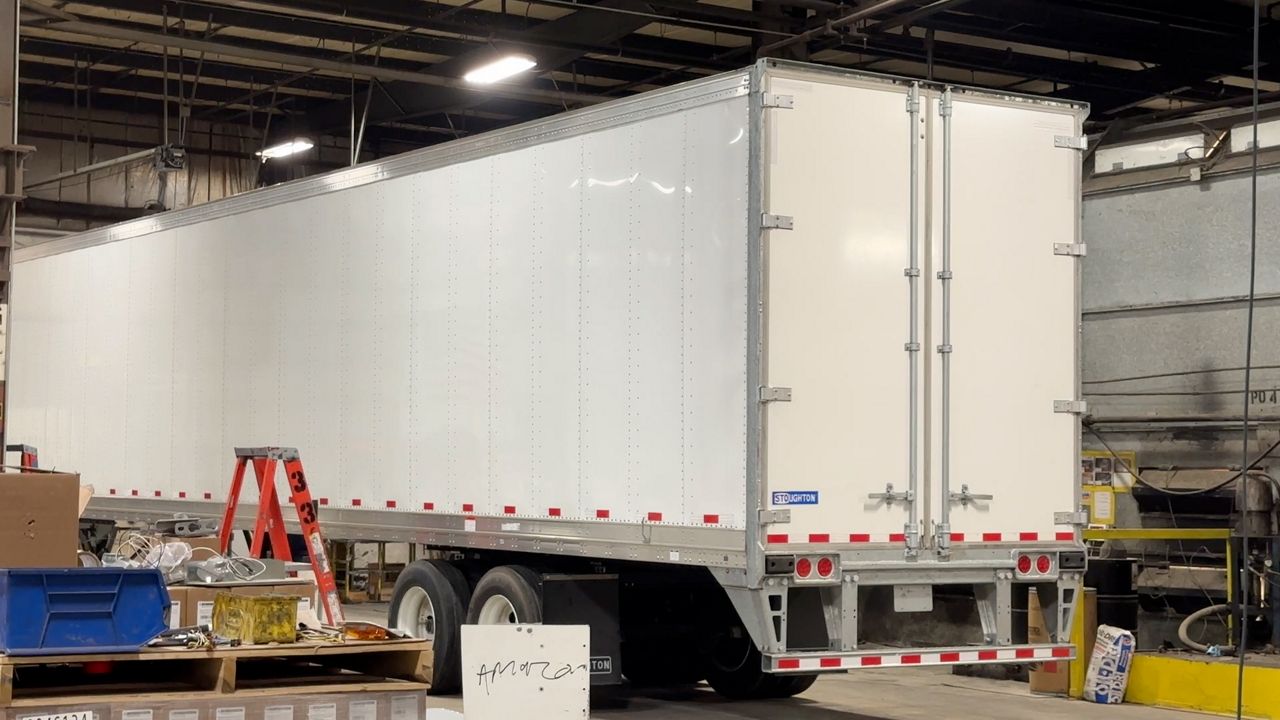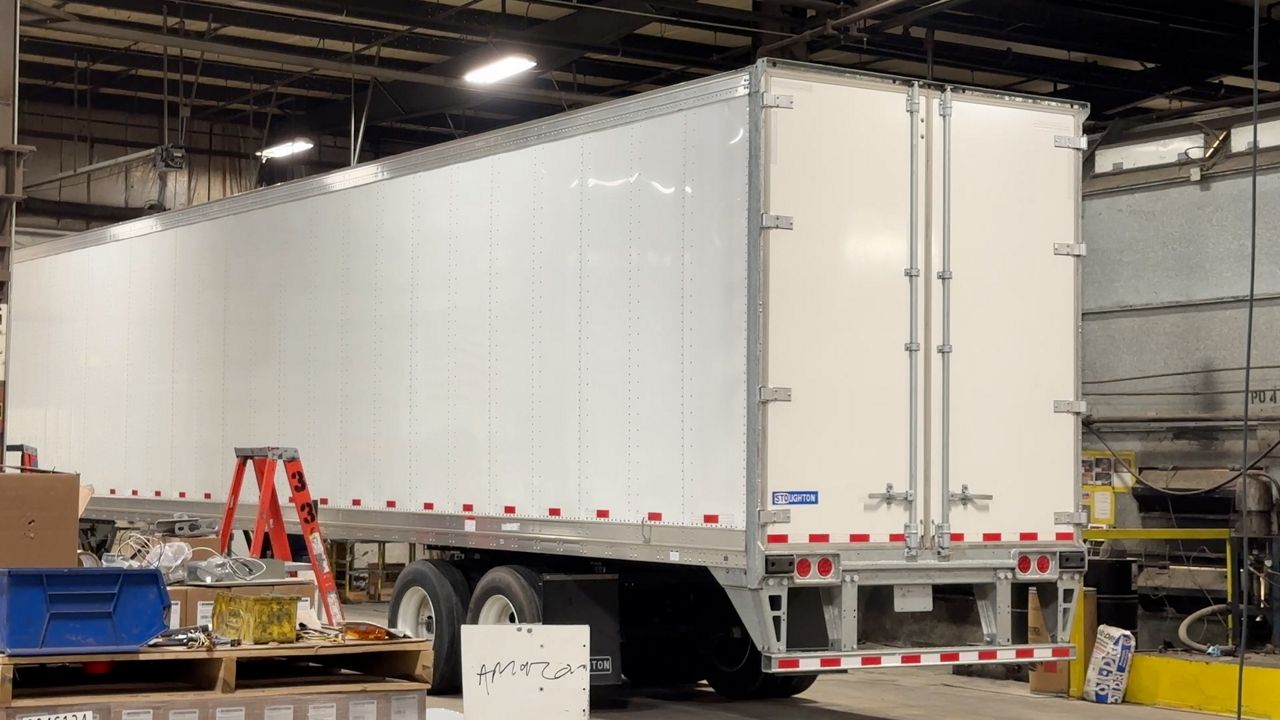As the global economy continues to grapple with the effects of tariffs, Wisconsin businesses are bracing themselves for the potential fallout. The Badger State, known for its rich agricultural heritage and thriving manufacturing sector, is particularly vulnerable to the trade tensions escalating between the United States and its major trading partners. With the specter of tariffs looming over the horizon, Wisconsin companies are scrambling to adapt, diversify, and find creative solutions to mitigate the impact of these new trade barriers. In this article, we’ll delve into the stories of Wisconsin businesses as they prepare for the worst-case scenario, exploring the strategies they’re employing to stay ahead of the curve and navigate the treacherous waters of international trade. Join us as we explore the resilience and determination of Wisconsin’s business community, and discover how they’re working together to weather the storm and come out stronger on the other side.
Tariffs and Their Effect on Wisconsin Businesses

Wisconsin businesses are preparing for the potential impact of tariffs on their operations and supply chains. Stoughton Trailers, a company that has manufactured semi-trailers for over 60 years, is one of those businesses. CEO Bob Wahlin discusses the potential effects of tariffs on material sourcing and prices.

Stoughton Trailers’ Experience
Stoughton Trailers uses tons of steel and aluminum every day, with most of it sourced in the United States and some imported from abroad. When tariffs are put on new product coming into the U.S., it may raise U.S. prices, leading to indirect pricing increases for Stoughton Trailers, according to Wahlin.
“At times, the tariffs may make material more difficult to source, more difficult to get our hands on, might be higher prices,” Wahlin said. “We have to work with our customers on those things.”
Indirect Pricing Increase
Wahlin warns that tariffs may make material more difficult to source, leading to higher prices and potential complications in the supply chain. While prices may increase in the short term, Wahlin is hopeful that tariffs will bring more, higher-paying manufacturing jobs back to the U.S.
“We need to be able to build our own product, bring those jobs, bring that automation, bring that investment and build it right here in the United States,” he said.
Potential Complications
Wahlin believes that tariffs are a necessary evil to bring jobs back to the U.S. and rebuild the steel and aluminum industries. “That’s something we’re willing to take at times, even absorb, for the greater good of bringing jobs and rebuilding this critical industry in both steel and aluminum in the United States,” he said.
Economists’ Take on Tariffs
Economists say President Trump’s plan to impose tariffs across the board is “shocking” and “remarkable,” as it would end up costing Americans more. Experts point out that the data shows U.S. consumers ended up paying more due to Trump’s tariffs, contradicting his claims.
Shocking and Remarkable
Gary Hufbauer with the Peterson Institute for International Economics said that the price of the product, once it passed through the customs shed in the U.S., went up because of the tariffs, and it was almost a one-for-one up.
“The data shows that U.S. consumers ended up paying more due to Trump’s tariffs, which contradicts his claims,” Hufbauer said.
Data Shows Higher Costs
Tom Fullerton, an economics professor at the University of Texas at El Paso, also said that the data shows that tariffs generally translate to higher costs for Americans.
“From a political perspective, import tariffs are very popular because so many people are suspicious of international trade and do not understand it,” Fullerton said.
Economic Impact
Fullerton warned that Trump’s new plan to impose high tariffs across the board could lead to job loss and even a recession.
“The Harris campaign seems to understand a little bit more about international trade than the Trump campaign does,” he said.
Wisconsin’s Response to Tariffs
Wisconsin businesses are preparing for the potential impact of tariffs on their operations and supply chains. Companies like Stoughton Trailers are already exploring alternative sources for materials to mitigate the effects of tariffs.
Diversification of Supply Chain
Wahlin said that Stoughton Trailers is exploring alternative sources for materials to mitigate the effects of tariffs.
“We need to be able to build our own product, bring those jobs, bring that automation, bring that investment and build it right here in the United States,” he said.
Job Creation and Retention
While some economists raise concerns about job loss, others believe that tariffs could bring more, higher-paying manufacturing jobs back to the U.S.
“We need to be able to build our own product, bring those jobs, bring that automation, bring that investment and build it right here in the United States,” Wahlin said.
Conclusion
As the tariffs loom, Wisconsin businesses find themselves caught in a complex web of economic uncertainty. From increased input costs to potential consumer pushback, the potential impacts are multifaceted and far-reaching. While some businesses are actively seeking ways to mitigate the blow, others remain apprehensive, bracing for a potential downturn. The article paints a stark picture of the challenges ahead, highlighting the need for strategic planning and government support to navigate this turbulent economic landscape.
The fate of Wisconsin’s businesses, and by extension, its economy, hinges on how effectively they adapt to these new realities. Will innovative solutions emerge, allowing Wisconsin to thrive in the face of these challenges? Or will the tariffs stifle growth and leave businesses struggling to survive? The coming months will undoubtedly reveal the true impact of these trade policies, shaping the economic future of the Badger State and serving as a cautionary tale for businesses across the globe.
The tariff storm is upon us, and only time will tell if Wisconsin’s businesses will weather it with resilience or be swept away by its force.



Add Comment